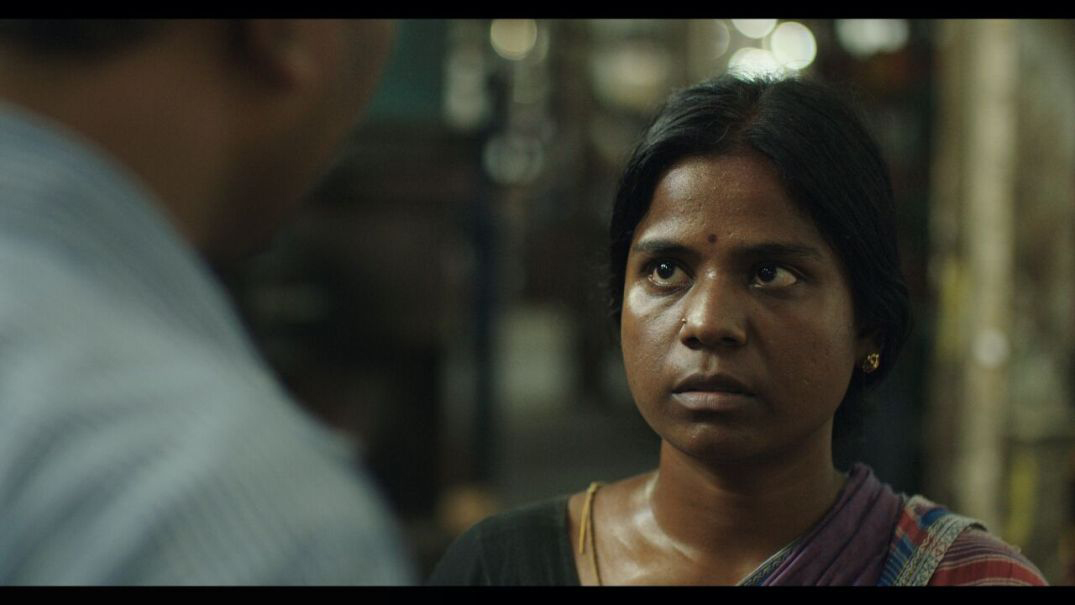Going to Bangalore, a city of more than 10 million people in India's south, to spend five days watching movies is not the sort of thing I usually do. Which is exactly why I agreed to serve on a jury for the Network for Promotion of Asia Pacific Cinema (NETPAC) at the 11th Bengaluru International Film Festival (Feb. 21-28). Focusing on Japanese films as a reviewer, reporter and programmer has its advantages, but cinematic diversity isn't one of them. Bangalore was a chance to step out of my bubble.
Of the festival's 200 or so films, only one — Hirokazu Kore-eda's "Shoplifters" — was from Japan. And it was not among the 14 films in the Asian Cinema Competition section that the NETPAC jury was assigned to cover. Instead, they were from everywhere else on the Asian continent, from Derek Chiu's "No. 1 Chung Ying Street," a formally adventurous examination of two generations of political protesters in Hong Kong, to Bassam Jarbawi's "Screwdriver," a disturbing portrait of a Palestinian man who has spent 15 years in an Israeli prison.
But the film that won our award was "Sivaranjini and Other Women," a Tamil-language drama depicting the lives of three women in three different years: 1980, 1995 and 2007. Directed by Vasanth Sai, the film has a documentary-like naturalism, beginning with the arduous daily round of a lower-caste woman struggling to care for her baby while her stonily silent husband provides no financial or other support. At the same time, it is sharply critical, without sermonizing, of traditional male dominance and family strictures. At the end, we see the heroines fighting back instead of knuckling under.



















With your current subscription plan you can comment on stories. However, before writing your first comment, please create a display name in the Profile section of your subscriber account page.